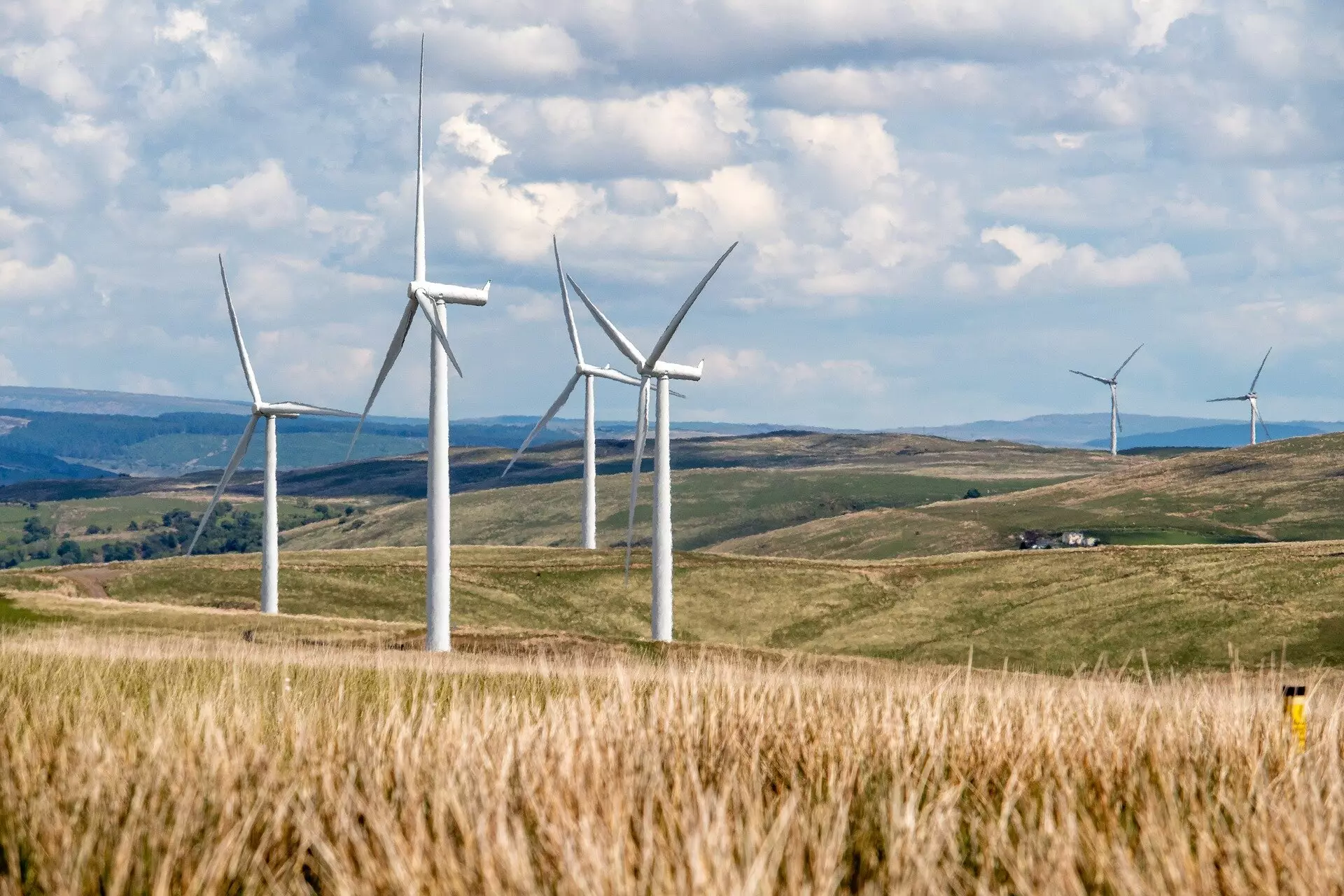The transition from a high to low-carbon sustainable energy system is marked by various milestones. From the elimination of coal, oil, and gas generation to the retirement of the last fossil fuel power plant, each milestone signifies progress towards a greener future. One particularly significant milestone is the year when renewables generate more electricity than fossil fuels. While a broader definition suggests that this milestone was already achieved in 2020, a narrower, weather-dependent definition points to 2023 as the potential year for renewables to overtake fossil fuels in Great Britain. In this article, we will analyze the data, explore the scalability of different renewable sources, and consider the potential implications for the future of electricity generation in Britain.
The Narrowing Gap
By tracking data over the past three months in Great Britain, it appears that 2023 may be the year when renewables surpass fossil fuels in electricity generation. However, this conclusion is contingent upon the final few days of the year, as the margin is very close. To gauge progress, a chart displaying the running total of the difference between renewable and fossil fuel generation can be observed. If the line indicating renewables remains above the zero axis by the year’s end, Britain will have achieved the milestone of renewables generating more electricity than fossil fuels.
When analyzing the context of this potential milestone, it is crucial to consider the weather-dependent nature of renewables. Wind, solar, and hydro sources are reliant on favorable weather conditions for optimal electricity generation. With wind power becoming increasingly cost-effective, it is typically prioritized when demand is low or wind conditions are favorable. The holiday period, characterized by reduced industrial and commercial demand, may favor the usage of wind power. Consequently, the outcome of renewables surpassing fossil fuels in 2023 may depend on the weather conditions during this period.
While biomass plants, which burn wood pellets, contribute to the renewables’ achievement, their scalability and environmental impact raise concerns. Biomass is considered renewable since trees can be regrown, but its global scalability is limited compared to wind, solar, and hydro. The reliance on imported wood pellets, often from American forests, raises questions about the sustainability and carbon footprint of this energy source. Consequently, critics argue that the biomass industry’s expansion may not be globally feasible or ecologically preferable in the long term.
Once renewables surpass fossil fuels for the first time, it is unlikely that gas and coal will regain their dominance in Britain’s electricity generation. Wind, solar, and hydro represent a more sustainable and favorable option, especially in terms of long-term scalability. The continuous drop in electrical demand, driven by factors such as lower industrial and commercial demand and record prices, has contributed to this shift. In fact, 2023 might become the first year when renewable generation exceeds domestic electricity demand, a significant milestone indicating the progress towards a low-carbon energy system in Britain.
If the critical milestones of renewables overtaking fossil fuels and exceeding domestic demand are not met in 2023, they are almost certainly expected to occur in 2024. The ongoing development of offshore wind capacity, with another 1.7 GW set to begin generating, will contribute to the growth of renewable energy sources. Additionally, the scheduled cessation of Britain’s last coal-fired power station further reinforces the trajectory towards a low-carbon future. While achieving these milestones is critical, continuous efforts are required to sustain and further accelerate the transition to a high-performing, low-carbon energy system.
The potential for renewables to overtake fossil fuels in electricity generation is a significant milestone on the path towards a low-carbon energy system in Britain. Tracking the progress and narrowing gap between renewables and fossil fuels reveals the potential achievement in 2023. The weather-dependent nature of renewables, along with concerns over biomass scalability and environmental impact, influence the outcome. Nevertheless, the continuous drop in electrical demand and the growth of renewable sources mark a positive trajectory for a greener future. Whether the milestone is achieved in 2023 or shortly after, the transition to a low-carbon energy system is inevitable, shaping the future of electricity generation in Britain.



Leave a Reply